Who is Steven Richards?
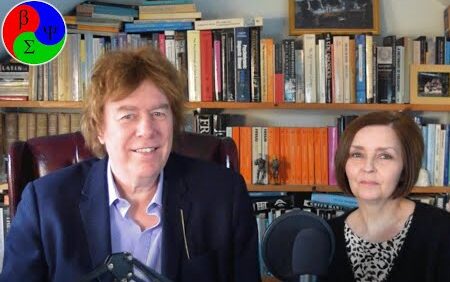
-
Introduction: Steven Richards’ Integral Approach
Steven Richards is an influential contemporary Jungian analyst and author who has made significant contributions to the integration of Jungian psychology with Eastern and Western spiritual traditions. His work builds upon the foundations laid by Carl Jung, expanding the scope and applications of analytical psychology for personal and collective transformation.
Richards’ integral approach seeks to bridge the insights of depth psychology with the wisdom of contemplative practices, offering a comprehensive framework for understanding the human psyche and facilitating individuation. He draws upon a wide range of sources, including Buddhism, Hinduism, Christian mysticism, Kabbalah, and shamanic traditions, to enrich and enliven the Jungian paradigm.
1.1. Early Life and Education
Born in 1955 in New York City, Richards grew up in a family with a strong interest in spirituality and psychology. His father was a psychotherapist and his mother a practitioner of Transcendental Meditation, exposing him from an early age to the potential synergies between Western psychology and Eastern contemplative practices.
Richards earned his bachelor’s degree in psychology from Harvard University in 1977 and went on to receive a Ph.D. in clinical psychology from the University of California, Berkeley in 1984. During his doctoral studies, he became increasingly drawn to Jungian psychology and its emphasis on the symbolic, archetypal dimensions of the psyche.
1.2. Jungian Training and Early Career
After completing his Ph.D., Richards pursued post-doctoral training at the C.G. Jung Institute of San Francisco, where he immersed himself in the study of analytical psychology. He was particularly influenced by the work of analysts such as Joseph Henderson, who explored the cross-cultural dimensions of Jungian theory, and John Weir Perry, who pioneered the use of Jungian principles in the treatment of psychosis.
Richards began his private practice as a Jungian analyst in the late 1980s, working with individuals and groups to facilitate the process of individuation. He also taught courses on Jungian psychology at various institutions, including the California Institute of Integral Studies and the Pacifica Graduate Institute.
1.3. Integration of Spiritual Traditions
In the 1990s, Richards began to deepen his study of Eastern and Western spiritual traditions and to explore their potential applications within a Jungian framework. He was particularly drawn to Buddhism and its sophisticated understanding of the nature of mind and the path to awakening.
Richards studied with various Buddhist teachers, including Tibetan lamas and Zen masters, and began to incorporate meditation and mindfulness practices into his therapeutic work. He found that these practices could help individuals to cultivate greater self-awareness, emotional regulation, and psychological flexibility, complementing the insights of depth psychology.
At the same time, Richards also delved into the mystical traditions of Christianity, Judaism, and Islam, finding rich parallels with Jungian concepts such as the Self, the collective unconscious, and the individuation process. He began to develop a more integral approach to Jungian psychology, one that could embrace the diversity of spiritual experiences and practices found across cultures.
-
Key Concepts and Contributions
2.1. The Self as Archetype of Wholeness
Central to Richards’ work is the idea of the Self as the archetype of wholeness and the guiding principle of the individuation process. Drawing on Jung’s later writings, Richards sees the Self not merely as a psychological construct but as a transpersonal reality that underlies and unifies all existence.
For Richards, the Self is the ultimate source of meaning, creativity, and transformation in human life. It is the “God-image” within the psyche, the divine spark that animates all beings and drives them towards greater consciousness and integration. The individuation process, in this view, is essentially a spiritual journey, a quest for wholeness that leads ultimately to the realization of the Self.
Richards emphasizes the importance of cultivating a relationship with the Self through practices such as dream work, active imagination, and meditation. By aligning the ego with the Self and learning to listen to its guidance, individuals can navigate the challenges of transformation with greater wisdom and resilience.
2.2. Integration of Eastern Contemplative Practices
One of Richards’ major contributions has been to integrate Eastern contemplative practices, particularly those from the Buddhist tradition, into the Jungian framework. He argues that these practices can serve as powerful tools for facilitating the individuation process and for cultivating the qualities of mindfulness, compassion, and equanimity that are essential for psychological health and spiritual growth.
Richards draws on the Buddhist concepts of “non-self” (anatta) and “emptiness” (sunyata) to challenge the Western notion of the ego as a fixed, independent entity. He suggests that by deconstructing the ego through practices such as vipassana meditation, individuals can begin to access the deeper, more fluid dimensions of the psyche and to realize their essential interconnectedness with all beings.
At the same time, Richards also emphasizes the importance of integrating these insights with the Jungian understanding of the archetypes and the collective unconscious. He argues that the Buddhist path of liberation can be seen as a process of individuation writ large, a journey towards the realization of the transpersonal Self that underlies all phenomena.
In his book “The Alchemy of Awakening,” Richards presents a detailed exploration of the parallels between Jungian psychology and Tibetan Buddhism, particularly the Dzogchen tradition of the “Great Perfection.” He shows how the Dzogchen teachings on the nature of mind and the path of self-liberation can enrich and deepen the Jungian approach to individuation.
2.3. Archetypal Dimensions of Spiritual Experience
Another key area of Richards’ work has been to explore the archetypal dimensions of spiritual experience across different traditions. Drawing on Jung’s concept of the “collective unconscious,” Richards suggests that many of the core elements of spiritual practice – such as the experience of the numinous, the encounter with the divine, the path of initiation – are grounded in universal patterns that transcend cultural and historical boundaries.
Richards has studied the mystical traditions of Christianity, Judaism, and Islam, as well as shamanic and indigenous spiritual practices, to uncover the common threads that unite these diverse approaches to the sacred. He suggests that by understanding the archetypal basis of spiritual experience, individuals can gain a deeper appreciation for the wisdom of different traditions and can find new ways of integrating these insights into their own lives.
In his book “The Divine Within,” Richards explores the Jungian concept of the “God-image” in the psyche and how it manifests in different spiritual traditions. He shows how the encounter with the divine can take many different forms – from the personal experience of the “inner guru” in Hinduism to the revelation of the “inner Christ” in Christian mysticism – but always serves as a catalyst for transformation and individuation.
Richards suggests that by cultivating a relationship with the divine within, individuals can tap into a source of guidance and wisdom that can help them navigate the challenges of the individuation process. He offers practical exercises and meditations for connecting with the God-image, such as the use of sacred mantras, visualizations, and prayer.
2.4. Implications for Psychotherapy and Spiritual Practice
Richards’ integral approach has important implications for both psychotherapy and spiritual practice. He suggests that by integrating the insights of depth psychology with the wisdom of contemplative traditions, individuals can gain a more comprehensive understanding of the psyche and can develop more effective strategies for transformation and growth.
For psychotherapists, Richards’ work offers a framework for incorporating spiritual practices and perspectives into the therapeutic process. He suggests that by helping clients to cultivate a relationship with the Self and to explore the archetypal dimensions of their experience, therapists can facilitate a deeper process of individuation and healing.
At the same time, Richards also emphasizes the importance of respecting the diversity of spiritual experiences and not imposing any particular belief system or practice on clients. He suggests that therapists should strive to create a safe, non-judgmental space in which clients can explore their own unique path to wholeness and meaning.
For spiritual practitioners, Richards’ work offers a way of integrating psychological insights and tools into their practice. He suggests that by understanding the workings of the psyche and the challenges of the individuation process, practitioners can develop greater self-awareness and emotional resilience, and can avoid some of the pitfalls of spiritual bypass or narcissistic inflation.
Richards also emphasizes the importance of grounding spiritual practice in embodied experience and in service to others. He suggests that true spiritual growth involves not just personal transformation but also a commitment to compassionate action in the world.
-
Controversies and Criticisms
While Richards’ work has been widely influential in the Jungian community and beyond, it has also generated some controversies and criticisms. Some traditionalist Jungians have argued that his integration of Eastern spiritual practices and philosophies risks diluting or distorting the core principles of analytical psychology.
Others have criticized Richards for his reliance on archetypal and transpersonal concepts, suggesting that these ideas are speculative and lack empirical support. They argue that Jungian psychology should focus more on the personal and interpersonal dimensions of experience and less on abstract metaphysical theories.
From a postmodern perspective, some critics have also challenged Richards’ universalist approach to spirituality and his use of cross-cultural comparisons. They suggest that spiritual experiences and practices are always embedded in particular social and historical contexts and cannot be easily translated or generalized.
Richards has responded to these criticisms by emphasizing the open-ended and exploratory nature of his work. He suggests that his aim is not to create a definitive or dogmatic system but rather to offer a set of tools and perspectives that can be adapted and applied in different contexts. He also stresses the importance of personal experience and embodied practice as the ultimate arbiter of spiritual truth.
-
Legacy
Despite the controversies and criticisms, Steven Richards’ work remains an important and innovative contribution to the field of Jungian psychology and to the ongoing dialogue between Western psychology and Eastern spirituality. His integral approach offers a comprehensive framework for understanding the human psyche and for facilitating personal and collective transformation.
By integrating the insights of depth psychology with the wisdom of contemplative practices, Richards has helped to expand the scope and applications of Jungian thought and to bridge the gap between psychology and spirituality. His emphasis on the archetypal dimensions of spiritual experience and on the importance of cultivating a relationship with the Self has opened up new avenues for exploration and growth.
As the world faces a range of complex challenges and crises, from social and political polarization to ecological devastation and existential threat, the need for a more integral and transformative approach to psychology and spirituality has never been greater. Steven Richards’ work offers a valuable resource and inspiration for those seeking to navigate these challenges with wisdom, compassion, and resilience.
-
Selected Bibliography
Richards, S. (1995). The Divine Within: The God-Image in Jungian Psychology and Spiritual Practice. Shambhala.
Richards, S. (2005). The Alchemy of Awakening: Jungian Psychology and Tibetan Dzogchen. Inner Traditions.
Richards, S. (2010). Integral Dreaming: A Holistic Approach to Dreams, Symbolism, and Transformation. State University of New York Press.
Richards, S. (2016). The Wisdom of the Psyche: Depth Psychology and the Search for Meaning. Routledge.
Richards, S. (2020). The Self and the Cosmos: An Integral Vision of Psychology, Spirituality, and Ecology. Inner Traditions.
Richards, S. (Ed.). (2022). The Jungian-Buddhist Dialogue: Explorations in Depth Psychology and Contemplative Practice. Routledge.
-
Influences and Contemporaries
Assagioli, R. – Psychosynthesis
Grof, S. – Transpersonal psychology
Henderson, J. – Cultural dimensions of Jungian psychology
Hillman, J. – Archetypal psychology
Jung, C. G. – Analytical psychology
Kornfield, J. – Buddhist psychology
Perry, J. W. – Jungian treatment of psychosis
Trungpa, C. – Tibetan Buddhism and Western psychology
Vaughan, F. – Transpersonal psychology
Washburn, M. – The ego and the dynamic ground
Wilber, K. – Integral theoryWilber, K. – Integral theory
Read More Depth Psychology Articles:
Taproot Therapy Collective Podcast
Jungian Analysts
Jungian Innovators
Jungian Topics
How Psychotherapy Lost its Way
Therapy, Mysticism and Spirituality?
The Symbolism of the Bollingen Stone
What Can the Origins of Religion Teach us about Psychology
The Major Influences from Philosophy and Religions on Carl Jung
How to Understand Carl Jung
How to Use Jungian Psychology for Screenwriting and Writing Fiction
The Symbolism of Color in Dreams
How the Shadow Shows up in Dreams
Using Jung to Combat Addiction
Jungian Exercises from Greek Myth
Jungian Shadow Work Meditation
Free Shadow Work Group Exercise
Post Post-Moderninsm and Post Secular Sacred
The Origins and History of Consciousness
Jung’s Empirical Phenomenological Method
The Future of Jungian Thought

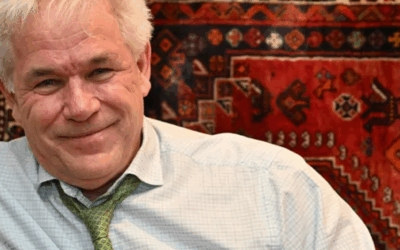
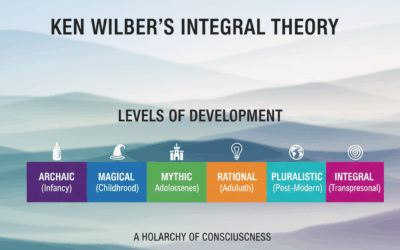

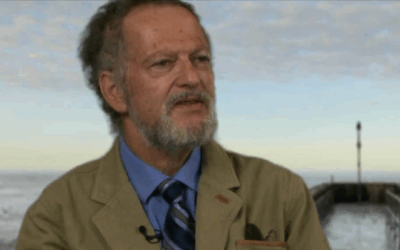

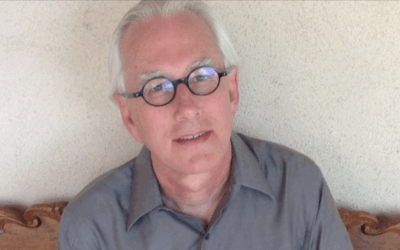

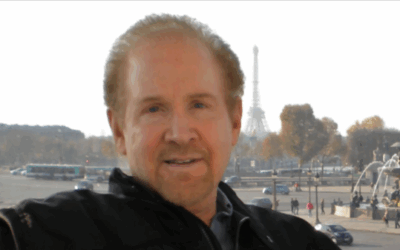




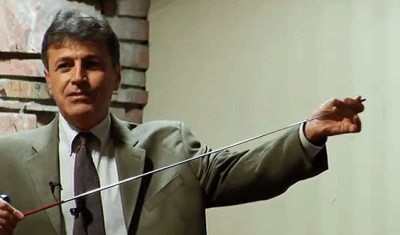

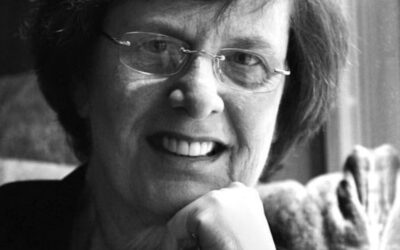




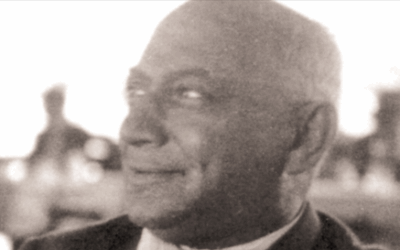
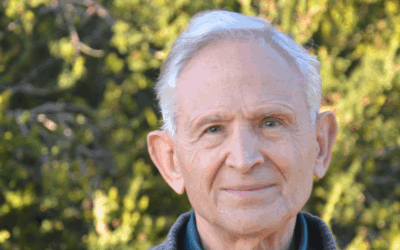
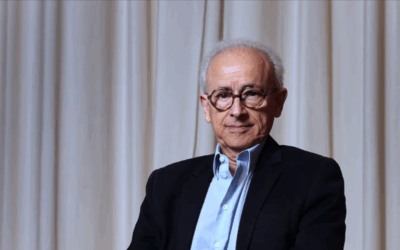
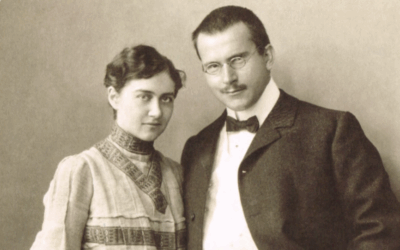
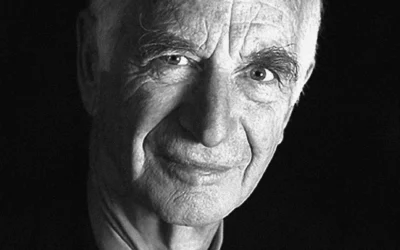
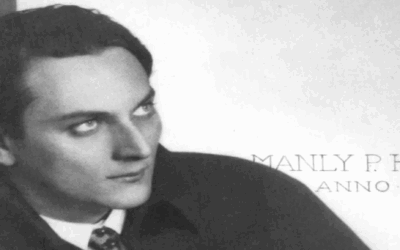
0 Comments